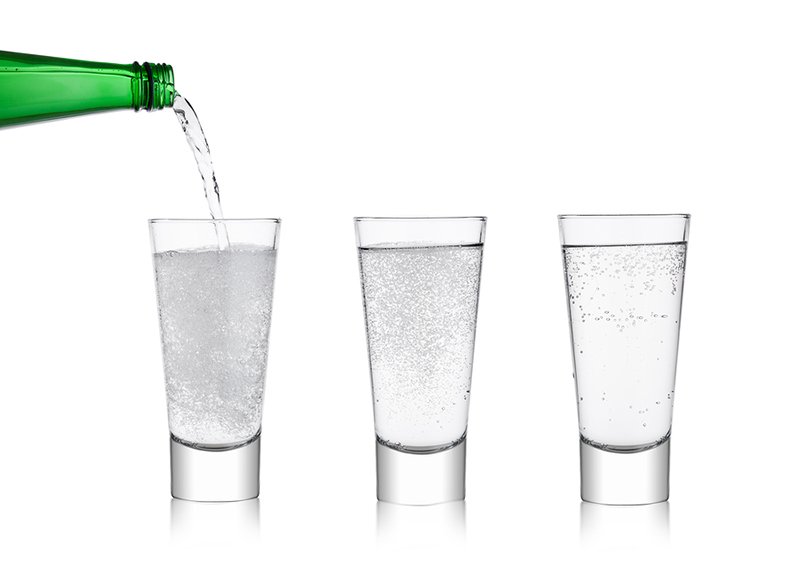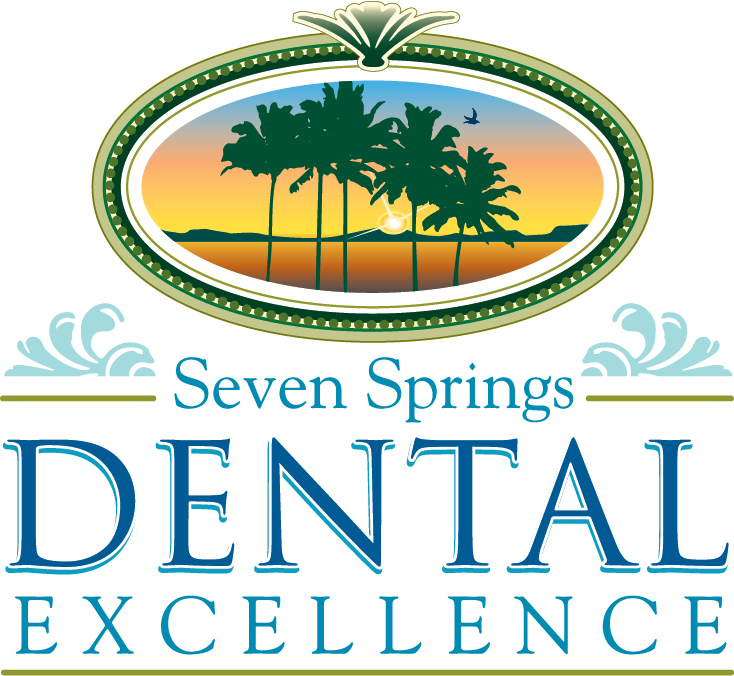
We hate to burst your bubble, but if you though you were avoiding damaging your teeth by swapping soda for sparkling water, we’re afraid it’s not quite true. Drinking trendy sparkling waters like LaCroix, Perrier or Bubly can be great for inspiring good hydration habits or cutting back on sugary drinks, but they’re still bad for your teeth.
When you think of tooth decay, you probably think of sugar as the culprit, but it’s actually acid that does the damage. In fact, sugar is only the fuel for the decay process. Bacteria in your mouth feed on the sugar and convert it into a waste product in the form of acid. This acid sits on the surface of your teeth and can eat through your enamel, causing cavities and exposing the softer inside of your teeth (dentin) to potential damage.
With sparkling water you’re still exposing your teeth to acid, you’ve just eliminated the “middle men” of sugar and bacteria. Carbonated water contains carbonic acid, which like any acid is a threat to your teeth. Unflavored sparkling water has a pH of about 5, compared to regular tap water which has a pH of about 7. The “flavor essences” that give some waters their tasty appeal can lower the pH even more, to as low as 3 or 2.5, which is not that much higher than vinegar.
Still, if the choice is between guzzling soda and sipping sparkling water, we’re likely to recommend the sparkling water, in particular because it’s a better choice for your overall health. You can reduce the contact that sparkling water has with your teeth by using a straw or rinsing with regular water afterward. Try to drink it only at mealtimes and not constantly throughout the day. However, if you already know you have weak enamel, existing tooth decay, or other oral health problems, you should probably just stick to plain water. Every person has a different oral health situation so we encourage you to talk to the dentist or hygienist about your nutrition habits when you visit.
